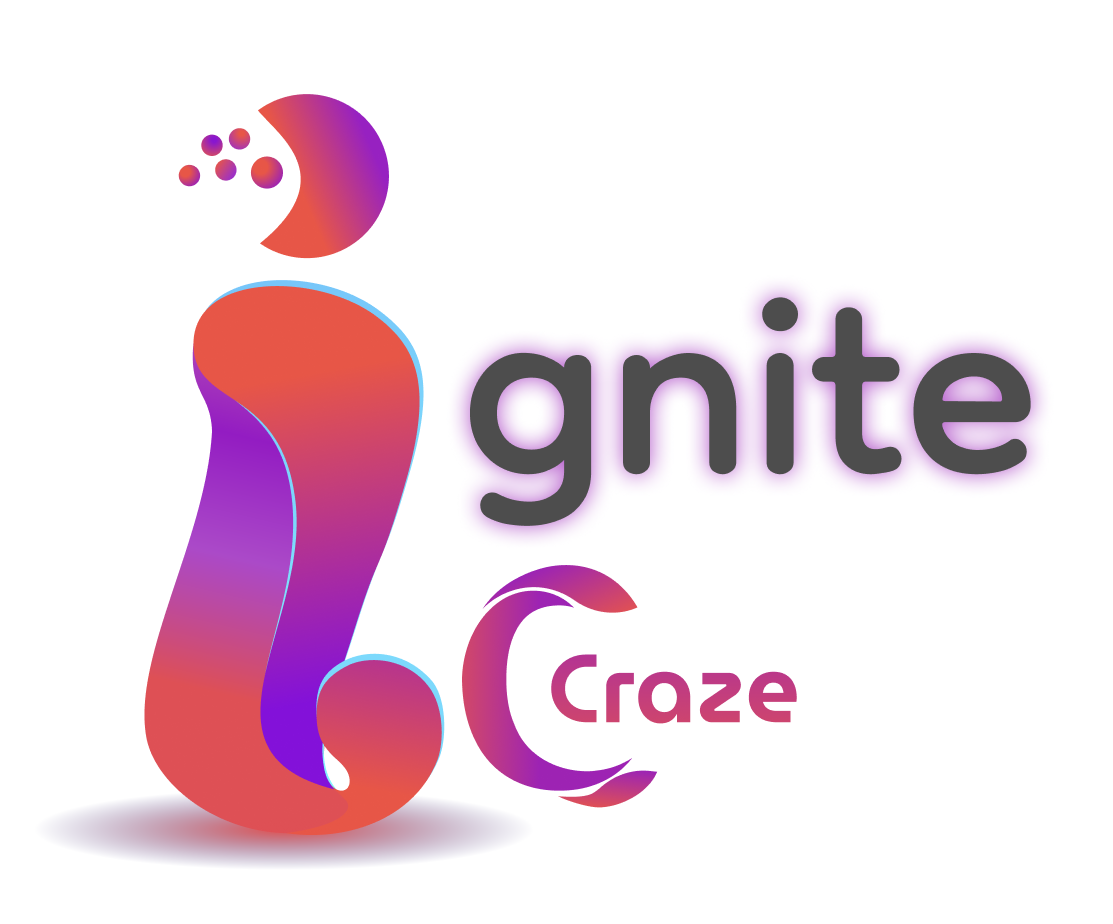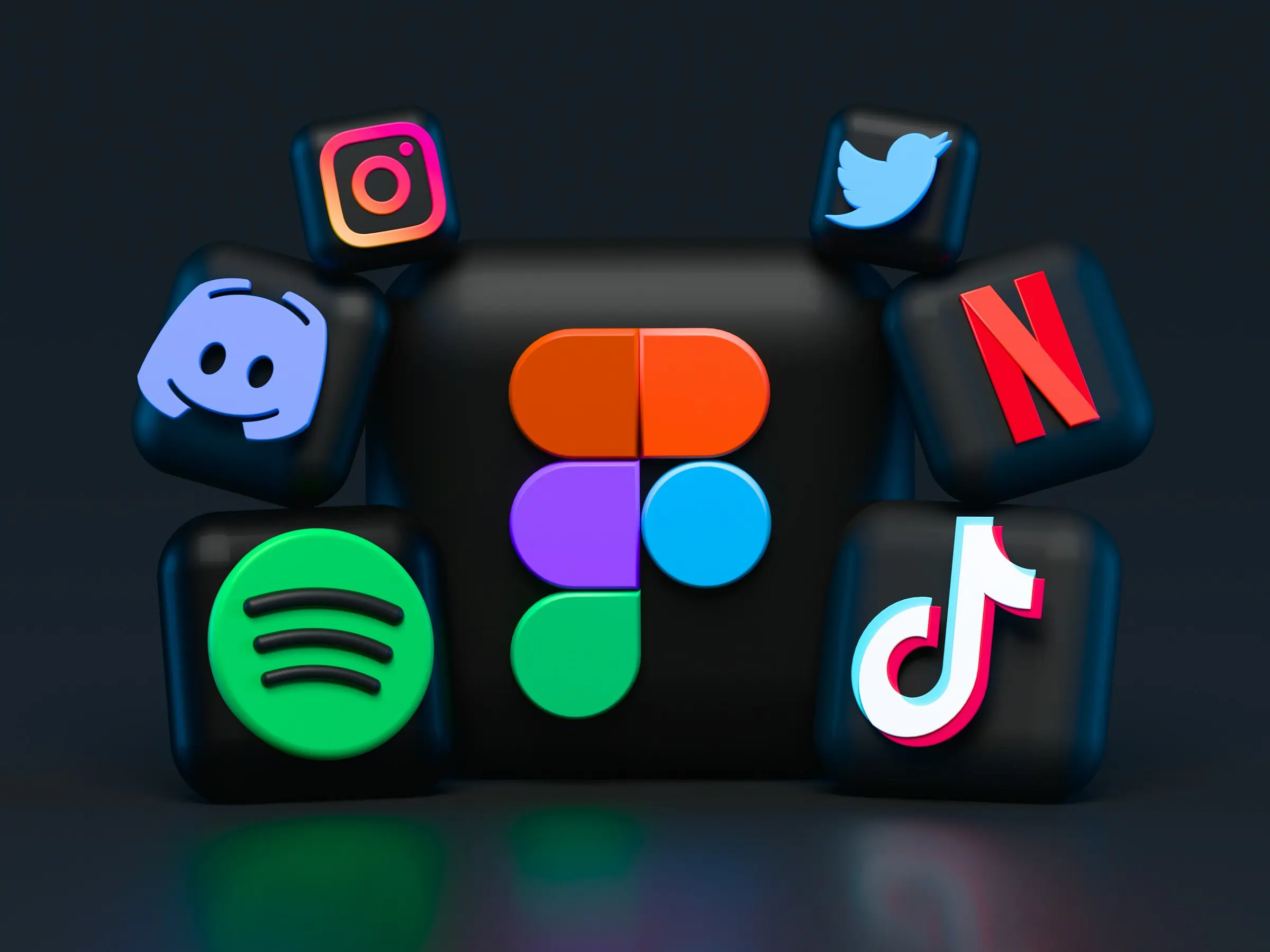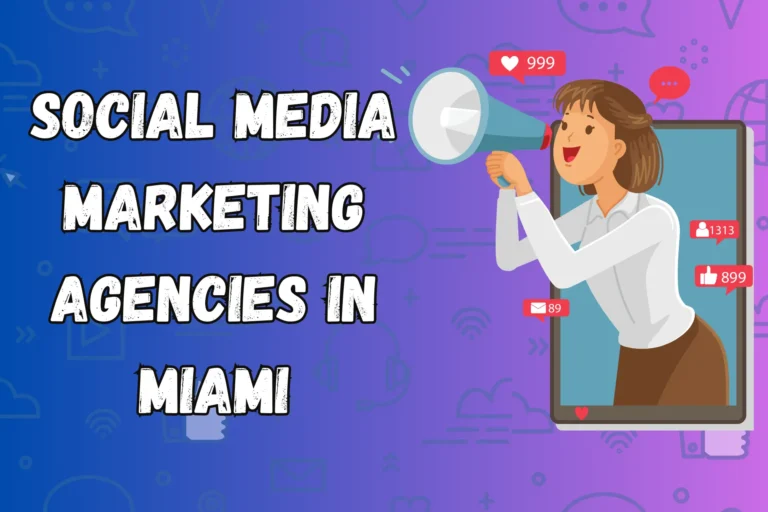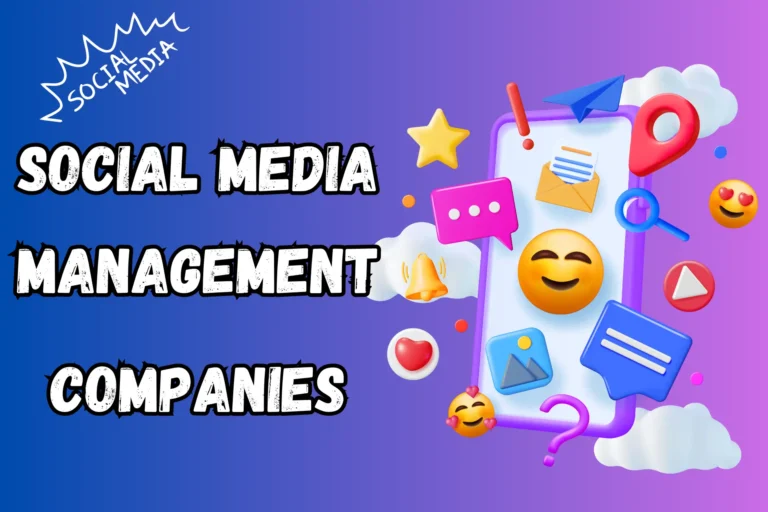Is Social Media Forum a Public Forum?
Social media forums aren’t public forums, but how they are used can make them one. As explained in the high-profile case settled in 2019 (opens in a new tab), social media accounts aren’t public forums by default. Public agencies and school districts generally use Social media forum for two-way communication. According to the court, social media was a public forum if:
- An account or page is used for official purposes by a public agency or official,
- Interacts with the public through interactive features on Social media forum (such as messaging, sharing content, and replying).
Given these conditions, the court determined that the social media account constituted a “designated public forum.” What exactly is a public forum? Let’s explore why public forums are important.
What is a Public Forum?
“A fundamental First Amendment principle is that all persons have access to places where they can speak and listen, and then, after reflection, speak and listen once more.”
The Packingham v. North Carolina case argued by Associate Justice Anthony Kennedy of the Supreme Court of the United States
Free speech under the First Amendment is not a problem, but where the speaker speaks, or the forum, affects how the right to speak or assemble works. In 1983, the Supreme Court defined three different categories of forums.
- It is common for political speech to take place in places like public parks, sidewalks, and any other area that has historically been open to political speech.
- Public forums that are designated are those in which public property that isn’t considered a traditional public forum is used to conduct public business and engage with residents. Typically, a town council will hold public meetings in the auditorium of a local high school. The auditorium is a public forum, and it is used to communicate and express political beliefs.
- Limited public forums are types of public forums that are designated for public discussion. Speech in a limited public forum can be limited in certain ways legally. For example, the town council may limit the amount of time citizens have to ask questions or require that they speak into a microphone provided.
- It is important to remember that public forums are public properties where public business is conducted. Political speech is allowed in these places, but it can be limited by the government based on its content, like in polling places. Polling places have rules governing what we are allowed to say, to protect the integrity of elections.
Free speech cannot be discriminated against based on the viewpoint it expresses in any of these forums. As a general rule, courts have ruled that public agencies and officials create a limited public forum when they create or use social media pages or accounts for official government business. In other words, speech can be limited, but viewpoint discrimination cannot occur.
A High Profile Case Sets Clear Guidelines
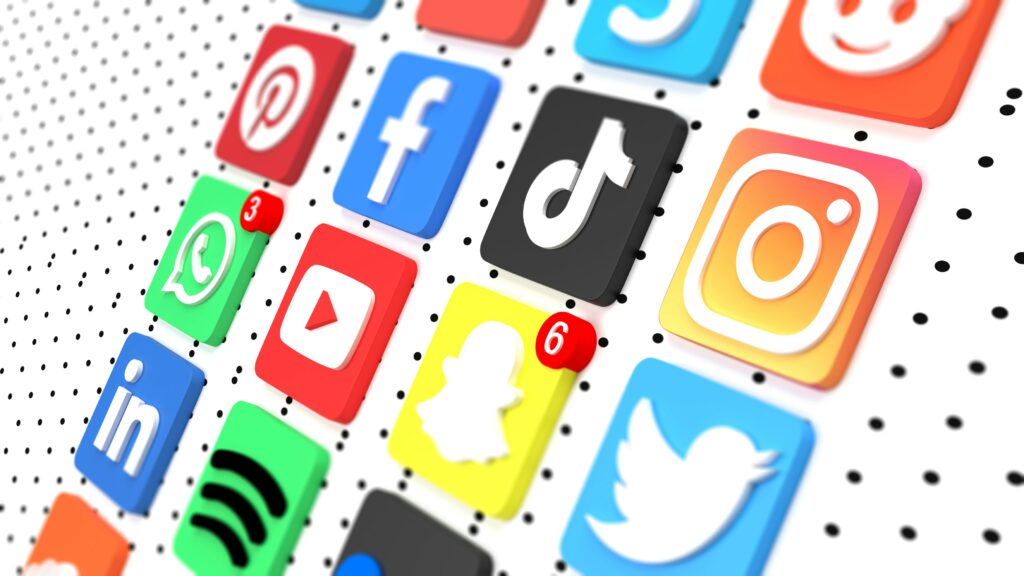
According to the U.S. Court of Appeals for the Second District, Donald Trump cannot legally block Twitter (now X) users on his @realDonaldTrump account based on their expressed opinions. Although the @realDonaldTrump account was being used in such a way as to meet two of the key criteria of a public forum, X is not necessarily a public forum.
The second criterion that led the court to its decision was that the account was being used to interact with the public. Though the account was originally personal and not professional, it was being used for official government business. Consequently, @realDonaldTrump was able to interact with other accounts via replies, retweets, and messages, which made the account a “living space.” These interactive features were accessible to all. A federal court in New York and an appeals court concluded as a result that Twitter had become a public forum. As a consequence of blocking another X user for expressing a differing political opinion, the @realDonaldTrump account was considered viewpoint discriminatory.
What this Means for Public Officials
Several important lessons can be learned from that case and others that agencies and officials can apply to their Social media forum behavior.
1. Separate personal from professional social media accounts.
Public officials need to be aware that using Social media forum for public business creates a public forum when they use their private accounts. It is the agencies’ responsibility to manage council members’ social media pages and to distinguish between what is done on their pages and what is done on their official pages. Public business should always be conducted via an official, preferably verified social media account. It also helps distinguish officeholders from offices.
2. Refrain from using social media to communicate with public employees’ accounts about work-related matters.
The public record on employees’ personal accounts must be maintained when officials use social media accounts to communicate with public employees about work-related matters.
3. Be mindful of applicable open meeting laws and social media quorums.
It is also very important to take precautions when posting content about government matters to avoid violating open meeting laws; this can occur if enough officials take part in the discussion, which would amount to a quorum.
4. Avoid First Amendment violations.
It is necessary to create a public forum if an agency or official intends to engage with the public via Social media forum. Social media should be used to engage with the public in this way, but remember that certain rules apply to how speech is moderated. You’ll need to keep that in mind when considering how to handle potentially objectionable content in comments, replies, and shares.
Join our webinar featuring attorney Mark Weaver in May 2021 to learn more about what types of speech are protected, and how to respond to objectionable social media content.
What Actions can Public Officials and Agencies Take?

According to the court, public officials are not required to respond to every constituent, so they could ignore or even muffle an account. If that happens, the official will not be able to see tweets from the account in question, but they will still be able to see the official’s tweets and respond to them. However, not responding is the safest course of action.
It is quite common to get into hot water by blocking users on government social media accounts. Many courts have ruled (opens in a new tab) that blocking citizens violates their First Amendment rights. It is not appropriate for public officials to exclude people just because they disagree with their views from accessing their pages.
Keeping track of this can be challenging because many government social media accounts are managed by multiple people or have been passed down from previous employees. So how can you ensure that your account is not blocked?
Through the Blocked Lists Alerts feature of CivicPlus® Social media forum Archiving software, you can see who has been blocked on your connected accounts. When you look at the context, you can find out what transpired on the platform that led to the block. When you leave accounts blocked and encounter any difficulties, you will have evidence to back up your actions if any difficulties arise. This gives you the ability to manage the list successfully – unblock accounts or leave them blocked.
Archiving Public Records from Public Forums
Public agencies must capture the public records they create through postings and engaging with residents online on social media since social media is considered a public record in all fifty states. Even if posts have been hidden, edited, or deleted, you will still have a complete record of activity on your page in case of litigation.
The Social Media Archiving software from CivicPlus captures posts and comments on your pages and accounts in near-real-time, so you will never miss anything. All your activity across your platforms and accounts will be archived in a searchable and secure way, so you can easily locate what you’re looking for.
If you need to respond to public records requests, audits, or other requests for content retention, you’ll be able to download it (and with the all-important metadata that verifies its authenticity).
Frequently Asked Questions
What is a social media forum?
There are various social media platforms that provide online forums where users can ask and answer questions or share information on a broad range of topics.
What is a media forum?
Whether or not a membership or password is required to access the information, the public media forum means the internet or another medium that provides information to other people.
Is Twitter a social forum?
If used by the government as an official communication platform, Twitter and social media are constitutionally protected.
What is an example of a forum?
As one of the world’s largest online communities, Reddit offers thousands of communities where passionate users talk about their favorite topics. The platform itself is one giant online forum, with thousands of subreddits for different interests.
